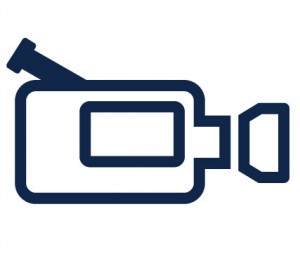First seven steps
- Find an issue or challenge you feel connected with. The topic should be something that interests you and something that you want to take action on.
- Write down the change you want to see.
- Write down how you think this change might be achieved.
- List all of the things you think you know about the issue or challenge, what you don’t know and what you want to find out.
- Talk about the issue with your family, friends, teachers or a responsible adult in some other organisation outside the school.
- Use books, internet and the media to find out information and data about your issue, identifying the values and perspectives being presented.
- Observe the world around you. An inspiration for an action or change can come from a range of sources.
Sources of information
When looking for information on your topic, make sure it is from a reliable source, is current and relevant to your issue. Here is a list of possible sources of information you can use and things you should look out for:
Books
|
Internet
|
Media
|
Docos
Over recent years many documentaries and short independent films have been made on a range of current local and global issues, such as environmental research, poverty and armed conflicts. These can often be found on YouTube, which also provides an overview and background information so you can check the validity of the ideas being put forward. |





